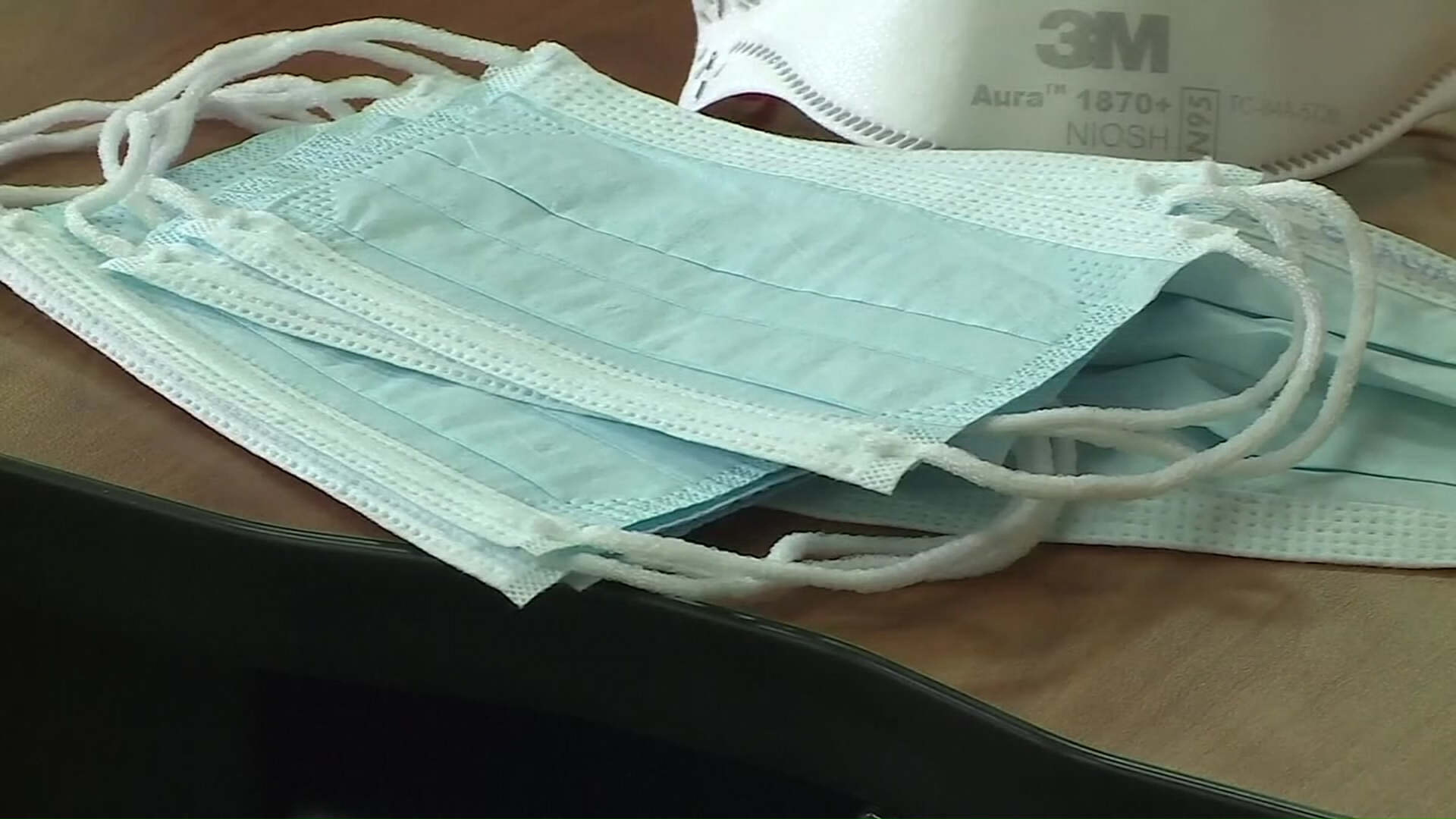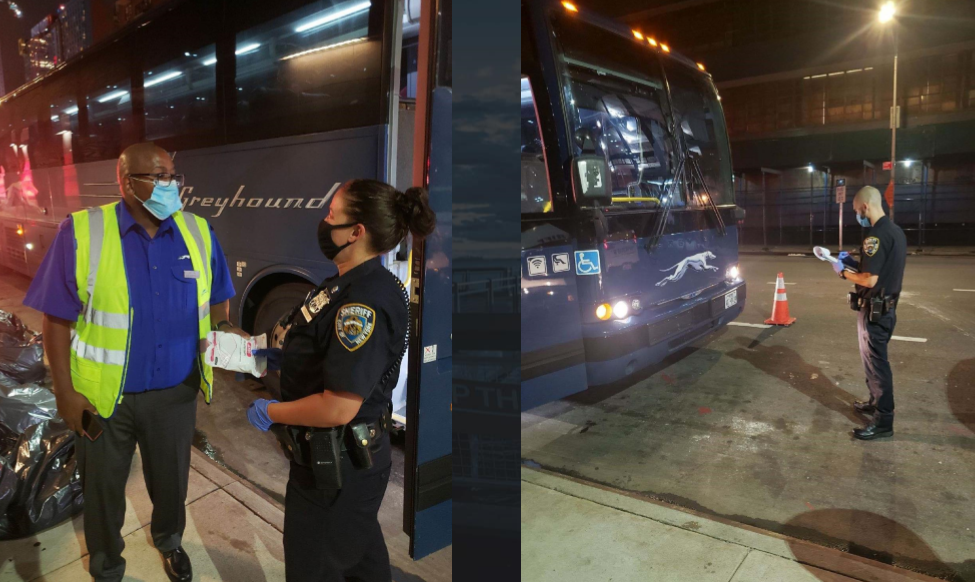Starting Monday, the U.S. government is no longer requiring enhanced health screenings for those traveling into the country internationally -- a decision that has left travelers unsure of what the proper protocol is.
The decision to stop screening passengers for COVID-19 symptoms went into effect starting at 12:01 a.m. with little fanfare, especially compared to the original announcement in March that heralded the tightened screening procedures. But the changing policies, coming from both the government and the Centers for Disease Control, have sparked confusion among travelers entering the country. Returning passengers arriving into Newark Liberty International Airport were surprised to find no health screenings regarding COVID.
Charles David returned home from France, and said they didn't ask him any questions about COVID when he landed.
"I thought they would even put me in quarantine, but none of that happened. No temperature check, no nothing. No asking me anything," David said.
"Nothing at all. And I came from Paris where I had to do a test 72 hours before to go to Paris, they asked for it three times on the way there," said Juliette Arnaud. "And coming back here was just like a regular Monday."
The CDC announced that symptom-based screening has a limited effect, so it decided to end the requirement. Before the change, travelers from China, the United Kingdom and many European countries were funneled through specific airports, and were required to provide medical and contact information.
But now, the government says it is instead focusing on individual passengers, including "pre-departure in-flight and post-arrival health education" and "robust illness response at airports."
Despite the new changes focused on educating, some passengers weren't even sure if they were supposed to quarantine.
"In England, there was a very specific two-week quarantine, but here I'm not sure," said Marc Tannen. "Do I quarantine, do I not? I'm not really sure what to do. No one told me anything."
The CDC changed its directive on quarantine in late August, advising that anyone traveling back to the United States from an international location don't have to isolate for two weeks, unless they have had close contact with someone who has COVID.



